Taa-daa! I’m very excited to show you the cover of my new book, The Masterpiece.
You can pre-order it now:
I asked HarperCollins Australia to come up with something different for the cover of my new book, something that conveyed art beautifully. They knocked it out of the ballpark! I love the textured feel, the colours, the mood, the model … I love everything about it!
A wartime betrayal, a race against time ... and a secret hidden in a painting.
Paris 1946: A young woman, Eve Archer, has come to Paris to find the father she never knew. She is soon caught up in a desperate race to prove her father's innocence against the accusation that he sold a French national treasure to Hitler during the war, and murdered the original owner to obtain it. Her efforts uncover the complicated friendship between two art dealers and the woman they both loved, a Russian artist named Kristina Belova.
The Masterpiece is historical fiction and a mystery novel, but most of all it has a love story at its heart. I haven’t written a love story for quite a while and this one has some unusual twists and turns. I know my readers are going to love it!
If you pre-order now from Booktopia (print and ebook) or Audible (audiobook) below you can ‘set and forget’.
Your book will arrive safely on your doorstep or on your device soon after publication day:
DO YOU LOVE BOOKS, ROSES & BARCELONA?
Here is a super fun way to celebrate World Book Day on April 23rd (if you are in Sydney). I will be speaking at the event. It’s free but you must book through the link below.
World Book Day at CUPRA City Garage
Experience a literary paradise at CUPRA City Garage as we celebrate World Book Day on April 23rd. Join us for an evening filled with captivating and engaging stories and your chance to participate in Q&A sessions with the authors at this celebration of Catalan literary heritage. Bring along your copy of a book by the authors attending to have them signed at the event.
We invite you to join in a special tribute to the Catalan tradition of exchanging roses and books by bringing along books you've read and loved for the book exchange table.
Dive into the rich literary landscape of Barcelona and Catalonia, indulge in treats, wine, and explore the magic of words and stories with fellow book enthusiasts. Don't miss this unforgettable celebration of the joy of reading at CUPRA City Garage!
Doors open at 6:00 PM
CAN POETRY IMPROVE YOUR LIFE?
When power leads man toward arrogance, poetry reminds him of his limitations.
When power narrows the area of man's concern, poetry reminds him of the richness and diversity of existence.
When power corrupts, poetry cleanses.
If I mention the word ‘poetry’ to people it seems to conjure up some uncomfortable recollections:
Being forced to stand up in front of their school English class and awkwardly recite something hideously boring while their classmates shot spitballs at them;
Their own angst-ridden teenage poetry that may have been so bad it was rejected by even the school magazine;
Something they had to study in high school and were taught in such an excruciatingly boring way that the mere mention of it now gives them stomach cramps.
For many others, poetry is simply a self-indulgent hobby that nobody with a life or serious occupation has time for.
While twenty years ago, poetry was still being recited in inner city cafes or on university campuses it would be hard to find anywhere to listen to poetry in my city, Sydney, today.
Publishers are no longer taking submissions for poetry collections. It’s not a financially profitable art form.
But poetry is experiencing something of a revival. And here’s why:
It stimulates our creativity and deepens our appreciation of life. Reading it regularly, or even better, writing it, helps us build our resilience, eases burnout and makes us feel connected to life again when trauma has taken away our ability to express ourselves. The imagery, metaphors and rhythms used in poetry activate parts of our brains that tend to shut down under long-term stress.
The good news is that there is wonderful poetry beyond that which you were taught at school. Just like novels, there is something for everyone. Poetry has a number of forms, and you might find you like one much better than another: haiku, free-verse, rhyming, epic, villanelle, ode, limerick, acrostic and sonnet. Ballads are another form of poetry, and most pop songs are written in this form.
So how do you get more poetry into your life? Here are some suggestions:
Sign up for a free subscription to receive a poem in your inbox each day. Popular ones include:
Have a beautiful volume of poems on your bedside table and read a poem from it slowly and mindfully first thing in the morning, rather than scrolling through your phone. Not only will reading a poem be better for your mind, but it will fill you with a sense of beauty and awe that you can take into your day.
Observe the world like a poet. Even if you don’t think you are ready to write verses, carry a notebook around with you and start to make observations about the world around you.
Examples might be:♡ the shapes of leaves and what they remind you of,
♡ the unique facial expressions of friends,
♡ interesting words or concepts that pop up in conversations.
It goes without saying that your notebook and pen should be beautiful, they are the instruments of a poet after all. You could also buy a journal with poetry prompts and make a start on writing poems that way.Take a course in poetry appreciation or poetry writing. These are often offered by community centres, adult education programs and university summer schools.
While you will benefit from interacting with other like-minded poetry lovers, if time or your geographical location makes it impossible to attend live classes, then you could also try one online. One that I certainly enjoyed was through BBC Maestro with former poet laureate, Carol Ann Duffy.Poetry reading is a lovely excuse for an elegant garden party or glamorous soirée. Invite your friends for tea and cakes – or champagne - and ask each one to either bring a favourite poem to share, or to read one that they have written themselves.
I hope that you will try out some of the above tips and bring more poetry – and beauty – into your daily life!
THE ORIGIN OF THINGS
Bringing violence to an end starts with what you eat
My mother always said that the best time to stop a war, which she saw as the worst expression of collective human evil, was before the violence began. As a child, she witnessed first-hand Japan’s brutal invasion of China.
She believed that once a country had unleashed horror and carnage it was next to impossible to stop a war based on humanitarian arguments. The conflict would only come to an end when:
the targeted nation was destroyed and occupied
resources and the will to fight were depleted before ‘victory’ was achieved
or when the aggressor country was met by an even greater show of violence: For example, the dropping of nuclear bombs on Japan.
Who wants any of that? Let’s listen to my mother and stop violence before it begins.
She was very definite on the idea that if we want to live in a peaceful world, we must start with the origin of all things: Ourselves.
Recently in the online book club I host with fellow author, Natasha Lester, we revisited our favourite books written by each other. I chose Natasha’s The Riviera House. She chose my sprawling historical saga set in Italy during the time of Mussolini, Tuscan Rose.
It was a book inspired by my mother’s ideas about war and peace. In the story, the main character, Rosa Bellocchi, has a special gift of being able to see the origin of things. Whether it’s a piece of furniture or an item of food, she senses where it came from and who made it. And if pain was involved in its production, she feels that too.
The appetiser was a platter of crostini smeared with chicken liver pâté and some slices of salami. Rosa was ravenous and bit into the warm bread slice. Suddenly the platter of crostini began to shake and wobble before her eyes. Three chickens emerged from it and walked across the table, poking around the dishes and clucking to each other. One of them jumped onto the soup urn and looked at her inquisitively. The salami slices swelled and took on the form of a sow lying on her side with piglets suckling at her teats and wriggling their curly tails. Something began to scratch Rosa’s throat. She gagged and turned away, spitting out the mouthful of food she had been chewing into her table napkin. She gasped when she looked at it and saw a fluffy yellow chick cheeping at her, before gradually fading away …
Natasha was intrigued by a character who could sense the origin of things and asked me about my inspiration for Rosa. I told her that I also have an ability to see the origin of things, although Rosa’s ability is next level.
About ten years before I wrote Tuscan Rose, I became a vegetarian. It was the early 2000s and being a vegetarian at that time made you something of an outlier. I didn’t know any other vegetarians, other than the guy at the health food store who wore dreadlocks and a tie-dyed t-shirt.
The boyfriend I was with at the time thought my changing my diet was so radical, that from his reaction, I may as well have told him I’d joined some weird religious sect.
How it happened was quite extraordinary. I’d always been interested in health and I was reading an article in a nutrition magazine that stated that one of the reasons red meat was linked to cancer was because of the amount of adrenalin in it.
I was puzzled and asked myself: Why would there be adrenalin in red meat? Then in a flash, I had a powerful vision of a young animal being sent down a conveyor belt to have its throat cut. It was struggling and terrified.
The vision and the accompanying feelings were so horrifically vivid, that I did not touch meat from that day on.
I thought it was simply my personal decision, but not long afterwards I went out to lunch with a friend. She ordered veal in white wine, but instead of seeing her meal, all I could see was a tiny calf being separated from its mother and sent to an awful death.
My friend was a kind person, the sort of person who would cry if she saw on television any act of cruelty towards a cat or a dog, and I couldn’t help wondering that if she saw and felt the horror behind her meal, whether she would have ordered it.
That was nearly a quarter of a century ago. It’s very different to being a vegan now. Back then I had never heard about the cruelty of factory farms. There was no social media to inform me of the millions of male chicks that are sent down conveyor belts in the egg industry to be ground up while still alive.
There were no news reports to show me pigs screaming as they slowly die in gas chambers. Today you can get a vegan meal in just about any restaurant and we now know that plant-based diets are healthier than meat-based ones, and that meat and dairy production are major drivers of climate change as well as the destruction of wildlife habitat.
So, these days when I sit down to a meal and someone orders veal in white wine, I don’t have as much patience for them as I had for my friend twenty-four years ago. Are they some sort of sociopath who can’t feel any compassion for animals, I wonder?
How can they know about all the horror I have described above, and still eat meat when they don’t have to?
But the truth is, most people are not monsters. The real issue was expressed perfectly by Leo Tolstoy when he wrote:
All human life, we may say, consists solely of these two activities:
(1) bringing one’s activities into harmony with conscience, or
(2) hiding from oneself the indications of conscience in order to be able to continue to live as before.
Many of us were socialised to think about the animals that are slaughtered for food production by the same method used by aggressive countries to brainwash their citizens into supporting a war: By taking away the identities of their ‘enemy’ and thereby making it easier psychologically to agree to them being abused and killed.
For instance, in World War II, the Nazis took ‘Sarah who loves her children and will pick up your shopping for you if you are ill’ and ‘Joseph who loves to read and plays boules on Wednesdays’ and turned them into ‘The Jews’.
Anybody who has lived with a cat or a dog knows they have their individual personalities. So do cows, sheep and pigs but by labelling them ‘Cattle’, ‘beef’ or ‘livestock’ we deny their sentience and turn them into products.
If we started labelling the body parts in the meat section of supermarkets as: ‘This was Betty the cow who loved to feel the sunshine on her back’ or ‘This was Fred the pig who was more intelligent than any dog until he was brutally murdered’, nobody – except the real psychopaths among us – would buy them.
Societies are made up of individuals. If we want a non-violent society, we have to become non-violent individuals. Telling others to be non-violent while we ourselves are involved in violence means we lack gravitas.
One of the reasons Ghandi was such an effective leader of non-violent protest was because he was consistently non-violent in all aspects of his life. It was he who wisely said:
“The man who kills the animals today is the man who kills the people who get in his way tomorrow.”
If we can’t achieve non-violence in such low-stakes situations as what we put on our plates, then how can we achieve non-violence in high-stakes situations like a war?
At the end of Tuscan Rose, Rosa who has seen the horror that war unleashed on Italy and her own family expresses it this way:
… she had come to the conclusion that while most Italians – and probably many Germans – had not wanted war, they had chosen a path of greed and pride and the result had been war. For where else did violence begin but within in each individual human heart? It started with violence of thought and action, jealousy of others and loathing of oneself. It had its beginnings in the daily choices one made, including the indifference towards the suffering of animals in what one selected to eat and wear, and towards the poor and oppressed. From there it escalated into a collective consciousness of competitiveness, selfishness, pettiness, spite and greed. Violence of even the most seemingly innocuous kind begat more violence. That was the origin of war … What the Germans had done was an extreme form of what any human being was capable of, if they chose to do so.
I hope this week is wonderful for you.
Love Belinda XX










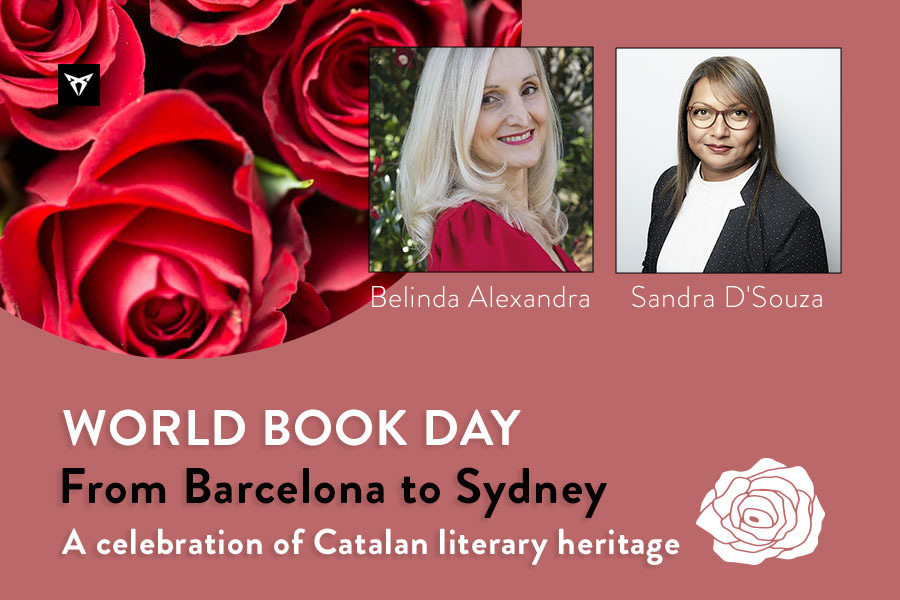

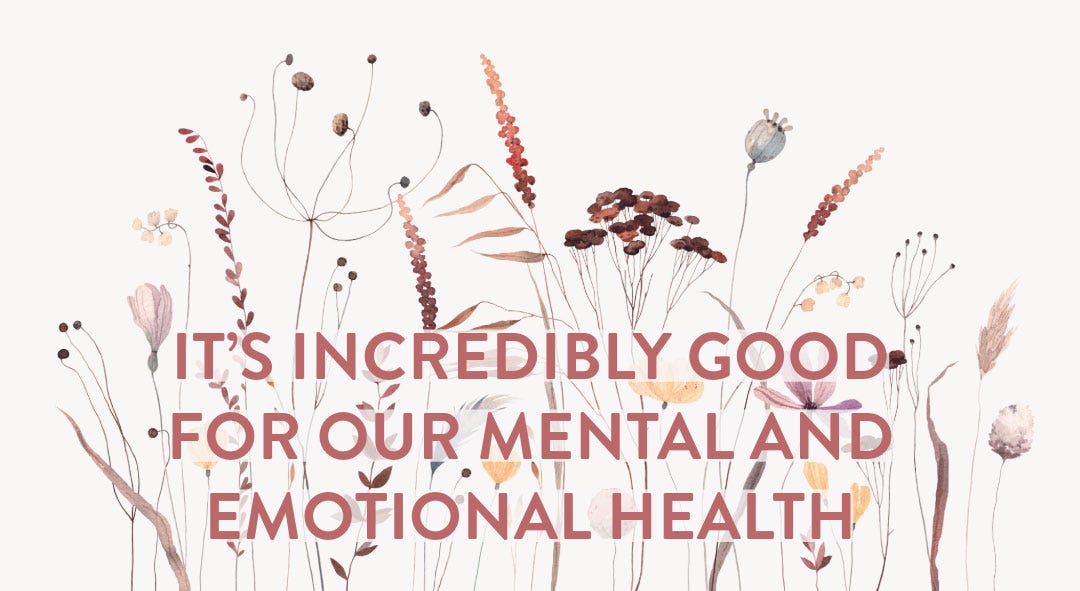
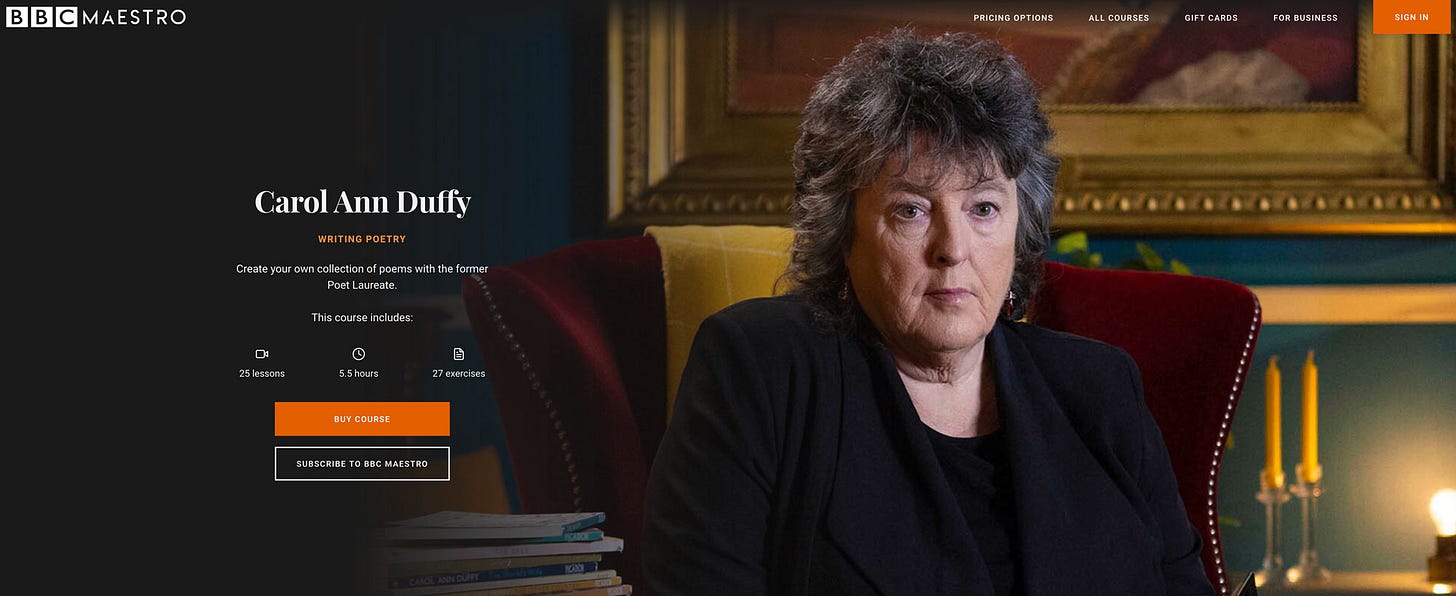
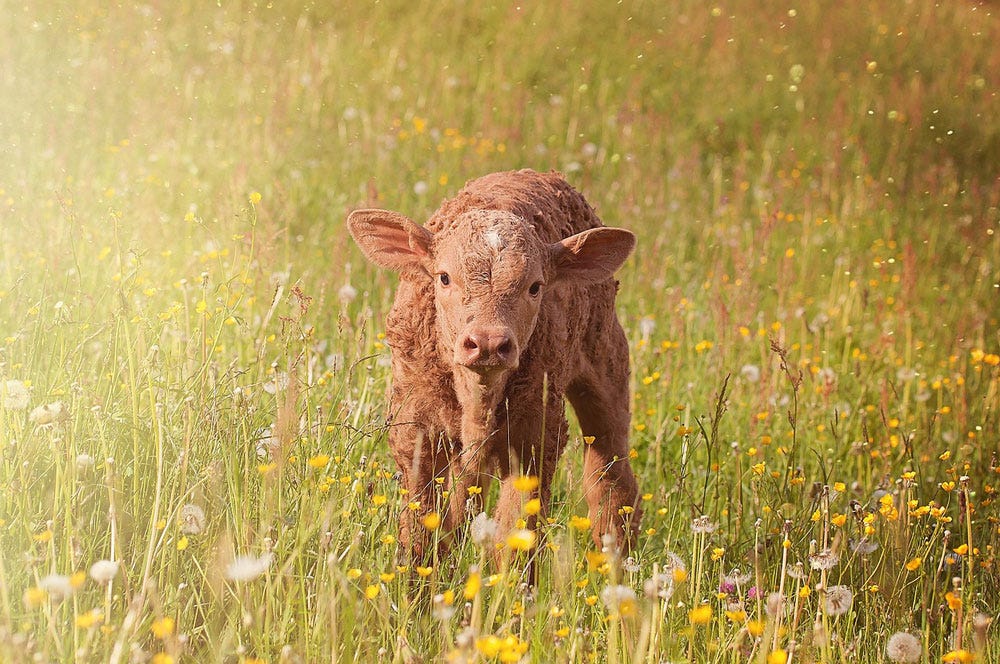



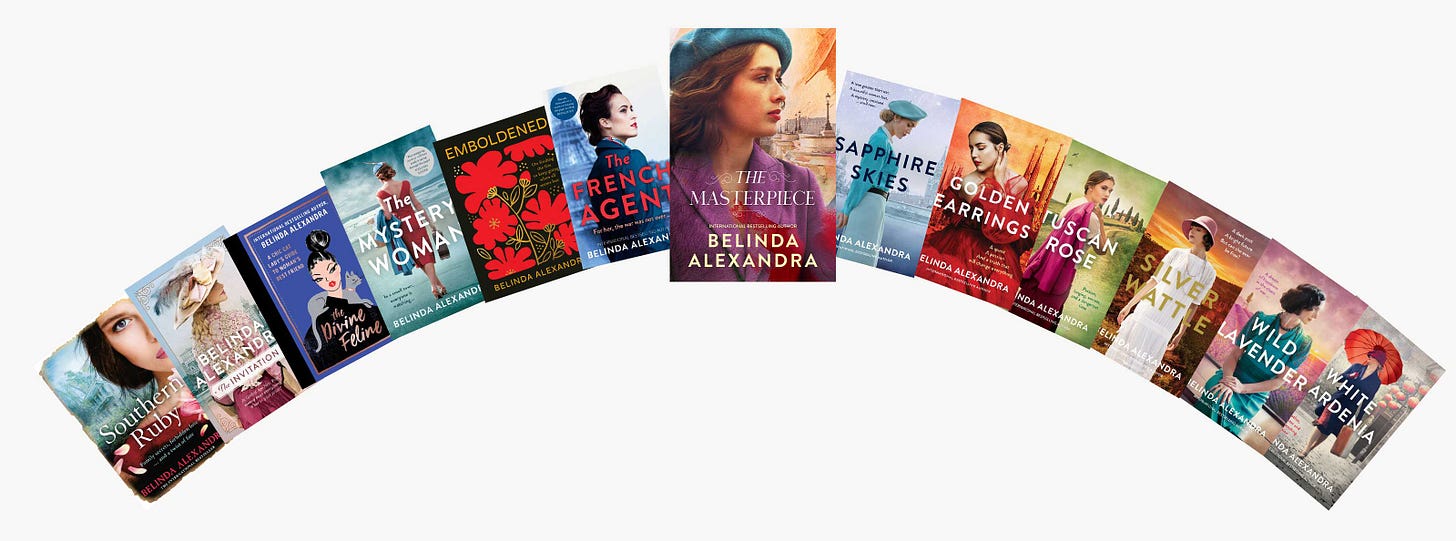

It’s beautiful, Belinda.
Congratulations on The Masterpiece, Belinda! It’s gorgeous. And completely agree about the poetry ❤️